Rescued Brown Bear Cubs Devon — A Story of Hope and Survival
In a world increasingly affected by conflict and environmental crisis, the rescue and rehabilitation of wildlife play a critical role in conservation efforts. Wildwood Trust recently welcomed the brown bear cubs Devon in one of the most touching stories. Malenky and Nanuq, two young brown bear cubs Devon, have made a long journey from Ukraine and Belgium to find safety in the UK. These brown bear cubs Devon symbolize resilience and highlight the urgent need to protect displaced animals affected by war and habitat destruction. Their arrival at Wildwood is a hopeful example of how dedicated sanctuaries can provide a peaceful home for vulnerable wildlife. The story of these brown bear cubs Devon reminds us of the global responsibility to care for animals caught in the crossfire of human conflict and environmental change.
Brown Bear Cubs Devon Journey — From War Zone to Wildlife Sanctuary
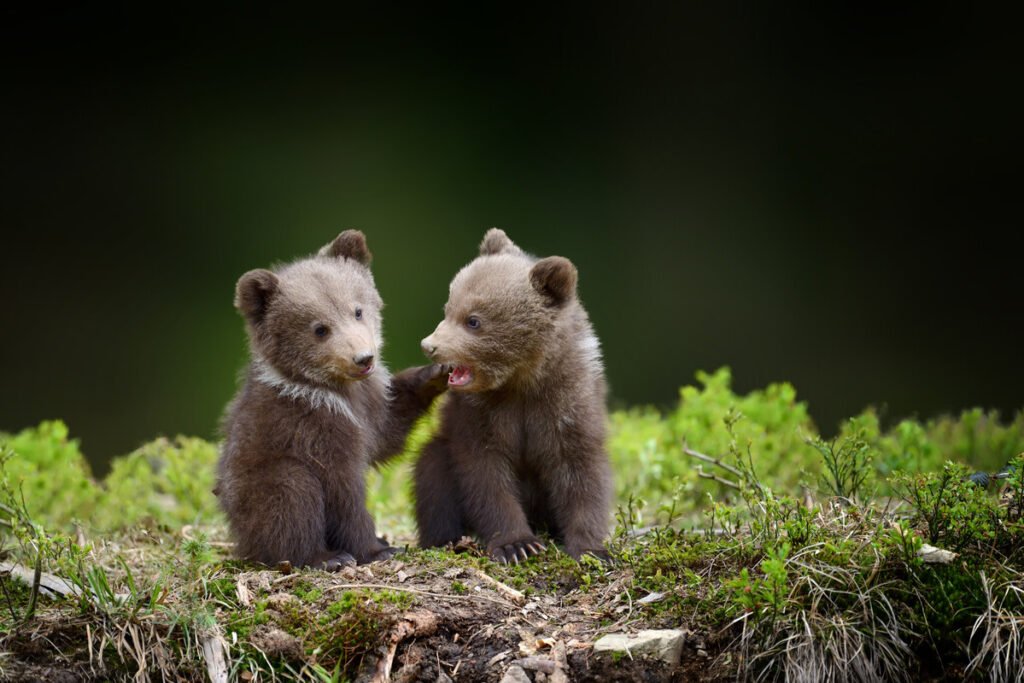
The Origins of Malenky and Nanuq
The bear cubs’ journey began in the war-stricken landscape of Ukraine.Rescuers caught their mother in the chaos of the frontlines and transported her out of the conflict zone in a van. She found temporary safety in Belgium, where she gave birth to the two cubs, Malenky and Nanuq. Although their journey began in trauma, the brown bear cubs in Devon now continue with hope as they start a new life at Wildwood Trust’s sanctuary in the UK. In addition, this transition marks a crucial step in their recovery and long-term wellbeing. As a result, the cubs are now receiving the care and safety they need to thrive. Furthermore, the sanctuary offers an environment that closely mimics their natural habitat, which is essential for their rehabilitation. Ultimately, this move not only safeguards their future but also highlights the importance of wildlife conservation efforts.
Belgium’s Role in Temporary Rescue
De Zonnegloed Wild Animal Sanctuary in Belgium played a vital role in providing the cubs and their mother with temporary safety. Nevertheless, due to limited space and resources, the team couldn’t offer the cubs a permanent home. The team decided to relocate them to a facility that could provide long-term care, specialized support, and a stimulating environment suitable for brown bears.
A Warm Welcome for Brown Bear Cubs Devon at Wildwood Trust
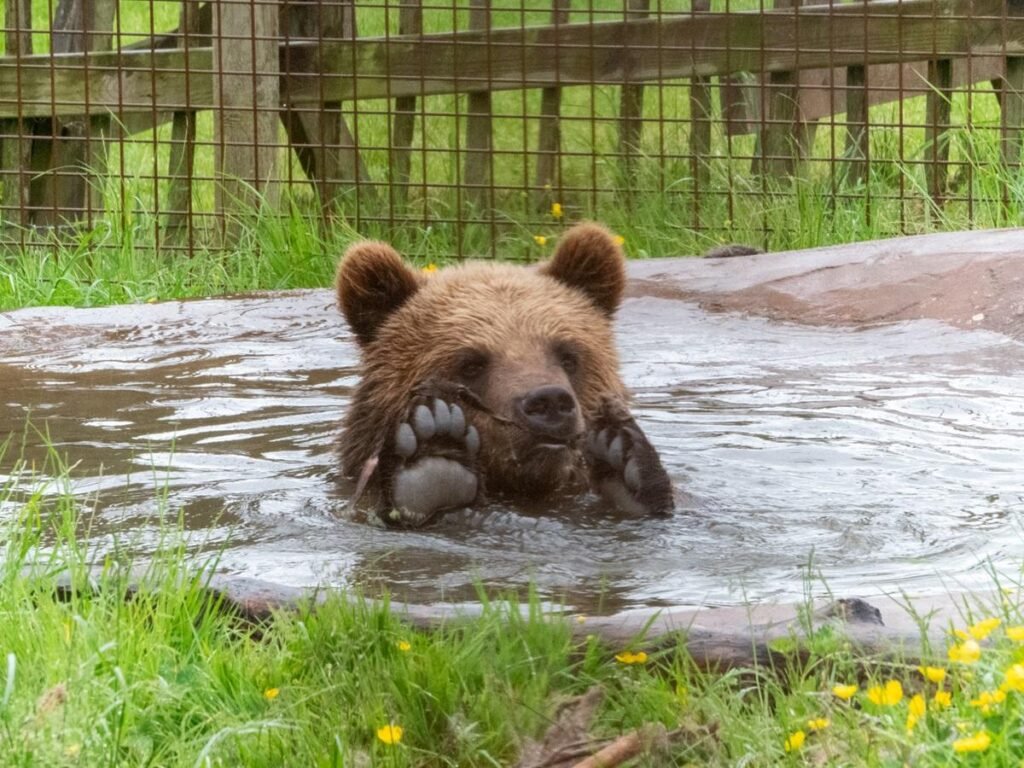
Why Wildwood?
Wildwood Trust, based in Ottery St Mary, Devon, is recognized for its commitment to rescuing and rehabilitating animals from harsh and unnatural conditions. The facility already houses other rescued bears and is staffed by specialists with the skills and compassion needed to care for traumatized animals. Their experience with brown bears made Wildwood the ideal sanctuary for Malenky and Nanuq.
An Emotional Arrival
Therefore, the arrival of the bear cubs sparked both excitement and deep emotion among the staff. After a long journey across borders, the bears were greeted by the team at Wildwood Trust, who had been preparing for weeks to ensure a smooth transition. In fact, the staff felt deeply moved by the cubs’ resilience, as they had witnessed their survival through extreme circumstances to reach this safe haven.
Brown Bear Cubs Devon Living Conditions: Comfort and Enrichment
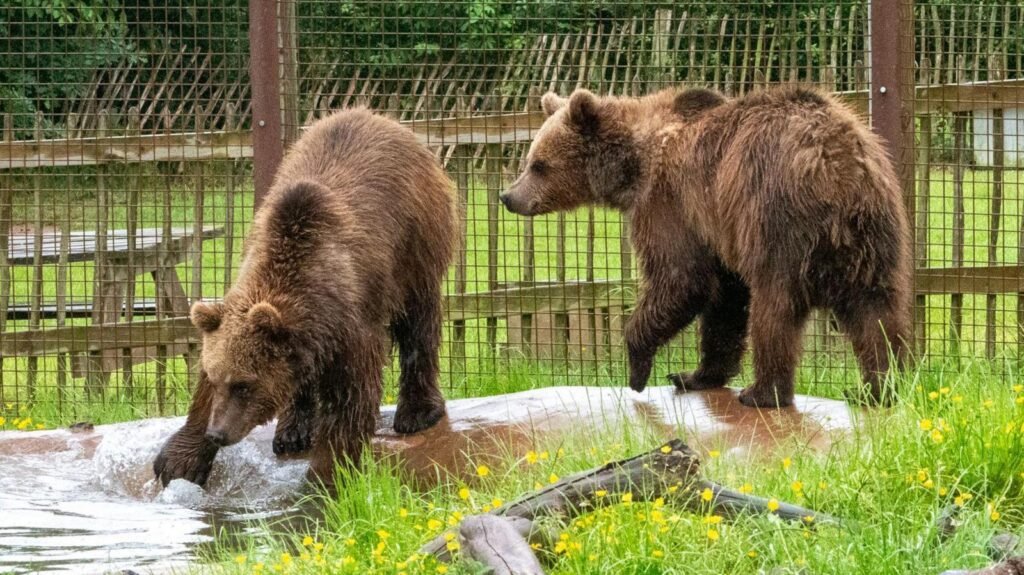
Customized Environments
Wildwood Trust has created a purpose-built environment tailored to the cubs’ physical and psychological needs. Additionally, the sanctuary provides naturalistic enclosures that encourage behaviors like foraging, digging, and climbing—just as the bears would do in the wild. Clean water sources, vegetation, and denning areas provide a setting where the cubs can thrive.
Daily Enrichment Programs
The bears are now part of a structured enrichment program designed to keep them active and mentally stimulated. This includes puzzle feeders, scent trails, seasonal changes in their enclosure, and supervised interaction with keepers. The goal, therefore, is to mimic the challenges they would face in the wild, encouraging them to maintain their instincts while ensuring their well-being.
Meeting the Wildwood Bear Family
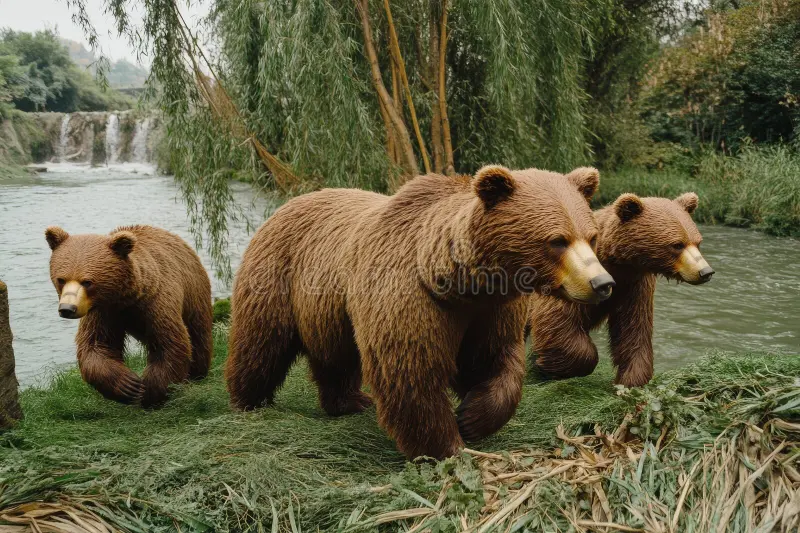
Introduction to Mish and Lucy
Malenky and Nanuq are not alone in their new home. They join fellow brown bear siblings Mish and Lucy, who were rescued from Albania in 2021. The integration of these bear families is carefully managed to ensure compatibility and reduce stress. Furthermore, behavioral studies and close monitoring enable keepers to determine the best timing and method for introducing them to one another.
The Growing Bear Community
Wildwood has now rescued and rehabilitated eight brown bears from different parts of the world. Each has a unique story, yet they all share a common theme of survival against the odds. Moreover, the sanctuary’s growing bear community serves as a living educational experience for visitors, highlighting the global challenges of wildlife conservation.
The Cost of Care and the Importance of Public Support
£70,000 per Bear, per Year
Caring for rescued bears is a costly endeavor. According to Paul Whitfield, Director General of Wildwood Trust, it costs approximately £70,000 annually to support each bear. Consequently, public support and fundraising are vital to sustain this care. This includes food, medical treatment, enrichment, enclosure maintenance, and specialist staff salaries.
Fundraising and Public Involvement
The sanctuary relies heavily on donations, sponsorships, and fundraising events. The public plays a crucial role in the continued success of rescue efforts. Educational programs, behind-the-scenes tours, and adopt-a-bear campaigns are just some of the ways supporters can contribute.
Symbolism: What Malenky and Nanuq Represent
Victims of Human Conflict
Indeed, these bear cubs are more than just animals in need—they symbolize the unintended victims of war. As borders close and habitats are destroyed, animals find themselves caught in situations beyond their understanding. Malenky and Nanuq’s story is a reminder that war does not discriminate and that its impact extends far beyond human populations.
A Global Call for Wildlife Protection
Moreover, their rescue reflects the interconnectedness of conservation efforts. It took collaboration across nations—Ukraine, Belgium, and the UK—to provide these bears with safety. This underscores the importance of cross-border cooperation in addressing global wildlife crises.
Expert Insights: The Psychology of Rescued Animals
Trauma and Rehabilitation
Wildlife experts at Wildwood Trust highlight the psychological challenges faced by rescued animals. Trauma, dislocation, and deprivation can lead to long-term behavioral issues. Nevertheless, with the right care, animals can recover and adapt. Keepers work diligently to establish routines and trust, using positive reinforcement techniques and careful observation.
Monitoring Health and Behavior
Regular health checks, behavioral assessments, and video monitoring ensure that any issues are detected early. Veterinary care is on-site, and specialists are brought in as needed to address specific concerns. The bears’ progress is meticulously documented to refine care strategies.
Future Plans: Expansion and Outreach
Education and Awareness
One of Wildwood’s goals is to use stories like Malenky and Nanuq’s to educate the public about wildlife rescue and rehabilitation. School programs, digital campaigns, and on-site exhibits aim to engage people of all ages. The hope is to inspire a new generation of conservationists.
Rescue Missions Ahead
The rehoming of rescued brown bear cubs in Devon is more than just a feel-good story—it exemplifies resilience, cross-border cooperation, and the essential role sanctuaries play in a world increasingly impacted by human activity. Malenky and Nanuq symbolize hope not only for displaced animals but also for the dedicated people working tirelessly to protect them. As war and climate change continue to displace more wildlife, Wildwood Trust plans to expand its facilities and outreach programs to offer even greater support for vulnerable animals like these brown bear cubs in Devon. Future rescues are already being considered, and the sanctuary is in talks with international partners to identify animals in urgent need of help.
How You Can Help: Supporting Wildlife in Crisis
Ways to Get Involved
You don’t have to be on the frontlines to make a difference. Donations, monthly sponsorships, volunteering, and even sharing stories on social media help bring attention and resources to this vital cause. Wildwood Trust provides numerous opportunities for public engagement, from donation drives to eco-education workshops.
Adopt a Bear Initiative
The “Adopt a Bear” program allows individuals and families to contribute directly to the care of specific bears. Sponsors receive regular updates, photos, and exclusive access to events, creating a personal connection to the sanctuary’s mission.
A Testament to Resilience and Compassion
The rehoming of rescued brown bear cubs in Devon is more than just a feel-good story—it stands as a powerful example of resilience, cross-border cooperation, and the essential role sanctuaries play in a world where human actions increasingly endanger wildlife. Today, Malenky and Nanuq represent hope not only for displaced animals but also for the dedicated people who work tirelessly to protect them.Their journey from a war zone to a peaceful enclosure in Devon is a call to action: to support, to care, and to never give up on the fight for animal welfare.
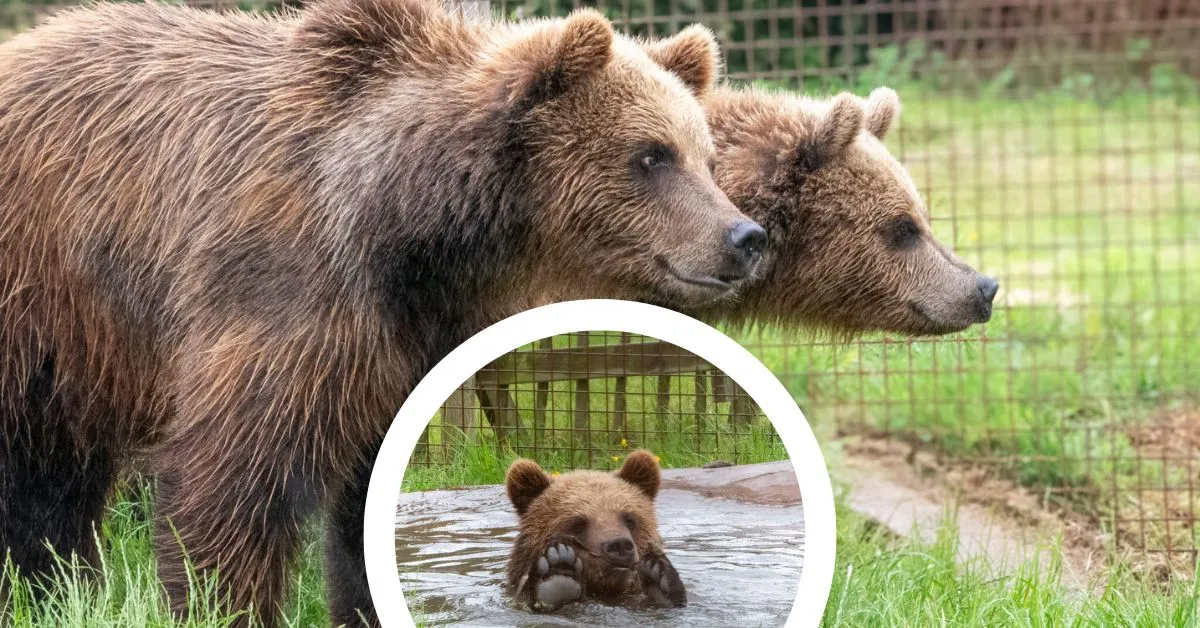

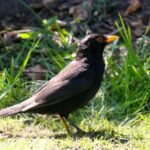


There is definately a lot to find out about this subject. I like all the points you made